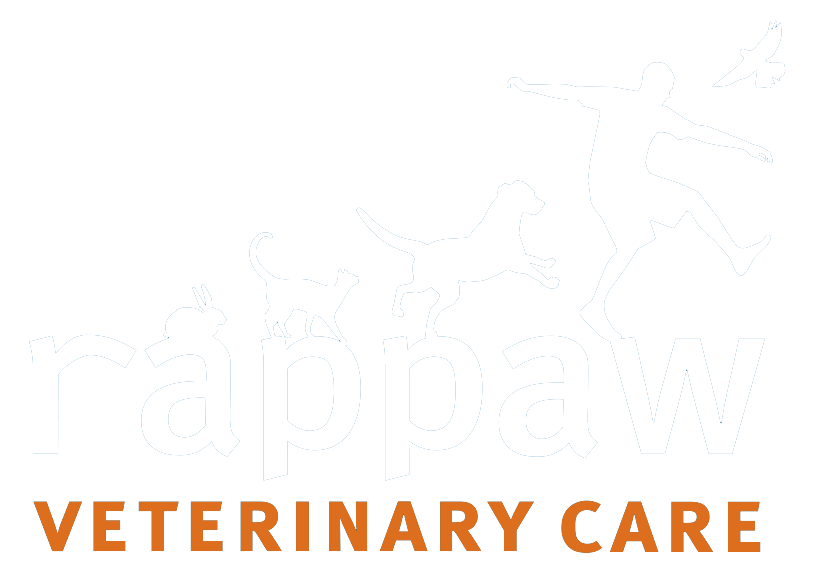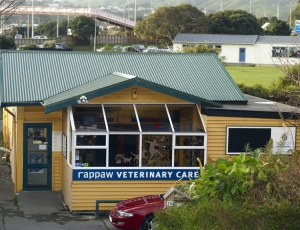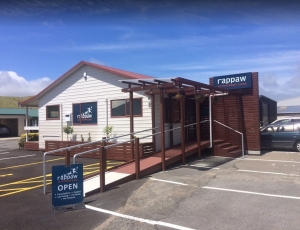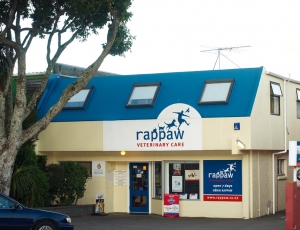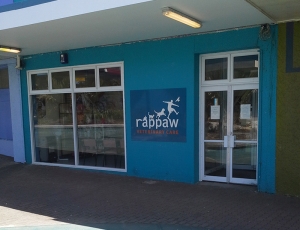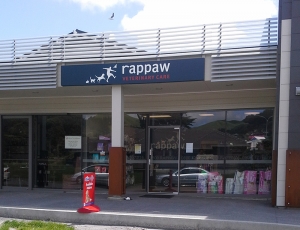Imaging and diagnostics
X-rays are an important part of everyday veterinary practice. It is extremely useful in providing information on what is happening inside your pet. We use x-rays for diagnostic purposes to help provide additional information to find an answer to a pet’s problem. With x-rays we can assess fractures and congenital bone diseases. We also use to assess the pet before and after certain surgeries.
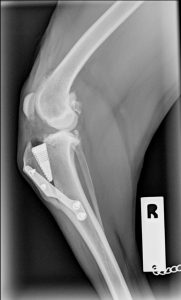
Having good x-ray equipment is therefore essential. At Rappaw we have invested in over $130,000 in new digital x-ray equipment at our Tawa and Paremata clinics, so we can produce excellent x-rays to help your pet.
Being a BestPractice accredited practice means we are very careful about x-ray safety. X-rays are dangerous when exposed to them as frequently as our veterinary team is. All our staff involved with x-ray procedures have their radiation levels individually monitored and checked every 3 months by the National Radiation Laboratory. This is why, when performing x-rays, we would need to sedate your pet to minimise the x-ray exposure to them and our staff.
By having excellent x-ray equipment, monitoring every individual staff member, and practising good radiation safety not only are we looking after your pet but our people.
Ultrasound is special imaging process that uses sound waves to see inside a body. It is very useful for looking at organs that have high water content, like the liver, heart, uterus, kidneys and bladder. We use ultrasound to assess the function inside the heart, look for tumours in the abdomen, for checking for bladder stones and assessing pregnancy. It works in a similar way to sonar.
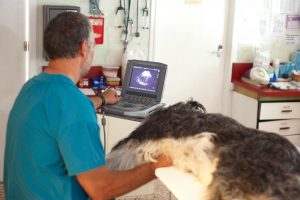
Ultrasound imaging requires both a special machine and the vets with the knowledge of how to use the machine and interpret the images produced. We are fortunate at Rappaw to have both.
Ultrasound is a very good imaging system because it is very safe and often involves simply clipping your pet’s fur so that a good contact with the imaging probe can be made with the skin. But we can also use it in some situations to help us perform needle guided biopsies of internal organs. In these circumstances we will often sedate a pet to ensure they stay perfectly still.
PennHIP x-rays are a unique x-ray method designed to evaluate the integrity of the canine hip. It is used to facilitate breeding of dogs with better hips and thereby reducing the likelihood of developing hip dysplasia and degenerative joint disease.
It is accurate in puppies as young as 16 weeks of age, however most PennHIP assessments are performed on dogs over 6 months of age. The PennHIP method has been statistically shown, in published data, to have a greater predictive value than the existing scheme, and therefore a higher heritability. This means that improvement in breeding stock can be achieved faster.
Only certified PennHIP veterinarians can perform these x-rays and all the x-rays are submitted to the University of Pennsylvania Hip Improvement Program for specialised evaluation.
We have two certified veterinarians in our practice who can perform PennHIP x-rays on your dog, Dr Scott Martin, and Dr Peter Whiley.
The New Zealand Veterinary Association will, from 2014, promote the PennHIP scheme as the only national scheme for hip screening.
Laboratory testing is an important part assessing your pet’s health. As your pet cannot tell us how they feel lab tests can give us that extra information that helps us get a fuller picture.
This is especially so when they are sick. Lab testing provides part of puzzle for reaching a diagnosis, or answer, to your pet’s ailments. They can also help us assess the outlook, or prognosis, for your pet.
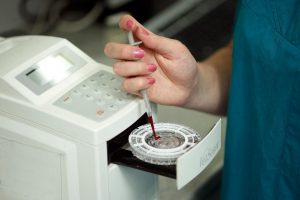
Much of the testing we can do in our own clinics with our own lab testing machines, microscopes and skills. By having these facilities on site we can often provide results the same day. We do also use specialist veterinary laboratories to help us find out what is going on inside your pet.
Lab testing involves taking samples of blood, urine, faeces, skin, lumps or even areas of infection. Sometimes it can be as simple as getting a small drop of blood. Other times it can require surgery. Whatever sample is needed we take good care to cause the least discomfort to your pet.
